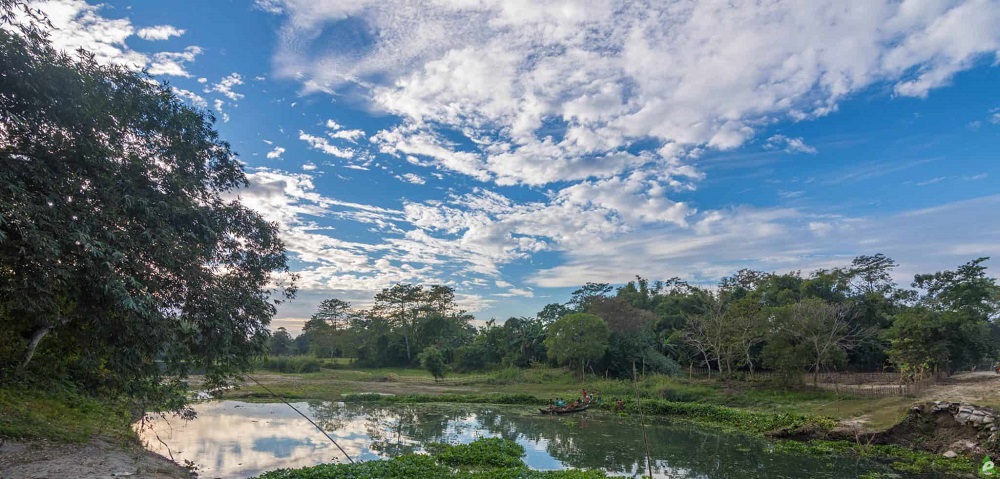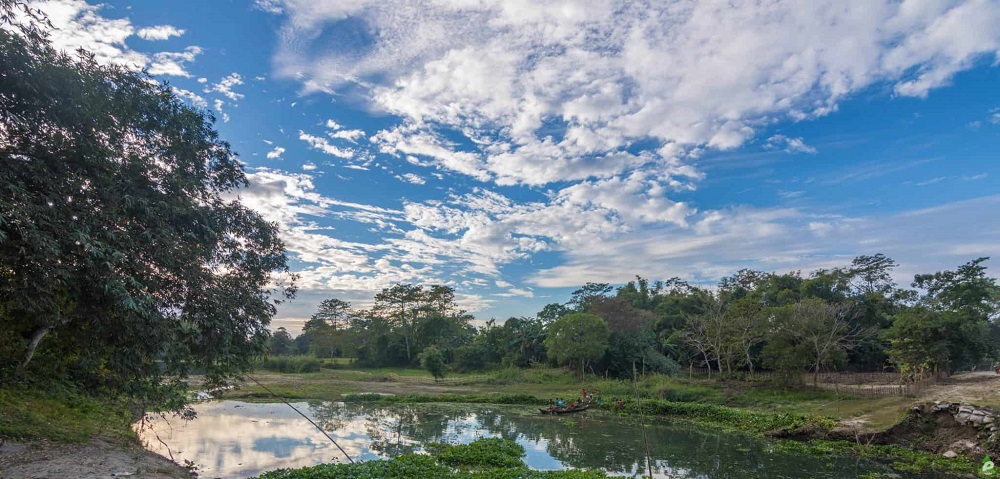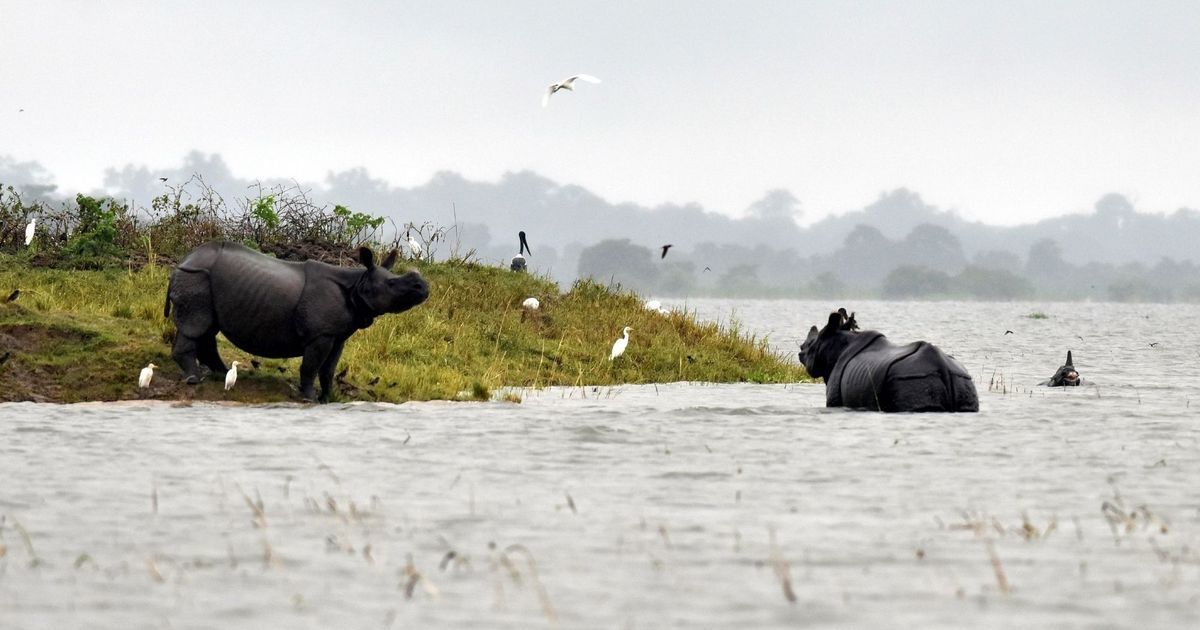
Kaziranga National Park faces dangerous plants in Assam
Kaziranga National Park has been famous for one-horned rhinos and the park is popular for tigers, birds, and other unique species of animals. The forest has around 2600 one-horned rhinos and threatens to spoil the territory of horned rhinos and other animals. Around 17 invasive plant species that have been set up in diverse areas within the national park cause a significant threat to habitats.
Jatindra Sarma, director of KNP, who discovered these prolific invasive species, said: While venturing into different areas and pockets of KNP which comes in a wide range. Jatin Sarma maintained some plants have a toxic effect once they’re at the bottom of the sea that takes over small trees.

It has widened an extensive plan of action to deal with the threat of expansion of the species and the regeneration of invasive species at hazard. The Director of the Kaziranga National Park asked the system concerned for authorization to bear out tentative sampling, cutting, uprooting, and enveloping.
Sarma being the Director of the national park has seen some toxic plants of the Solanaceae family, Cestrum diurnum, increasing luxuriantly like Bhakte, Bamun, etc coming under the Bokakhat area headquarters. They are of high therapeutic value and are rich in vitamin D-3, being smuggled out by dodgy traders from somewhere else in Assam.
Rhinos are suffering from the hit of invasive plants. The reason why there are difficulties for rhinos to nibble. Barua said such attempts would not only put into functional weed management but also make a better local livelihood.


